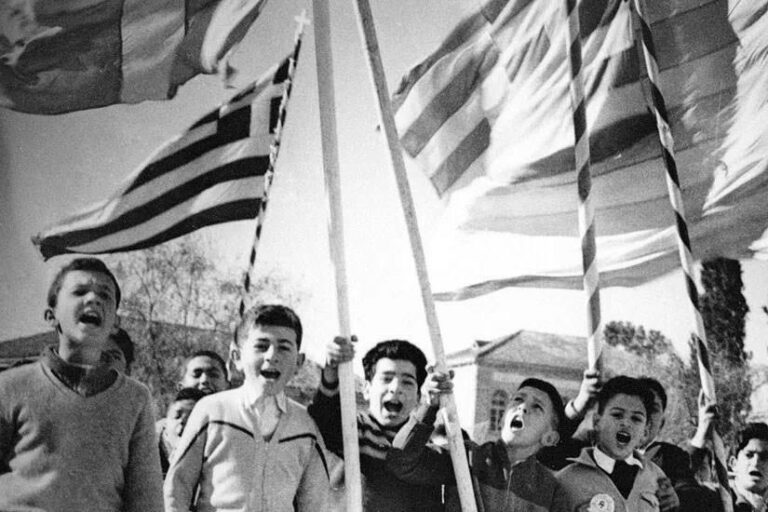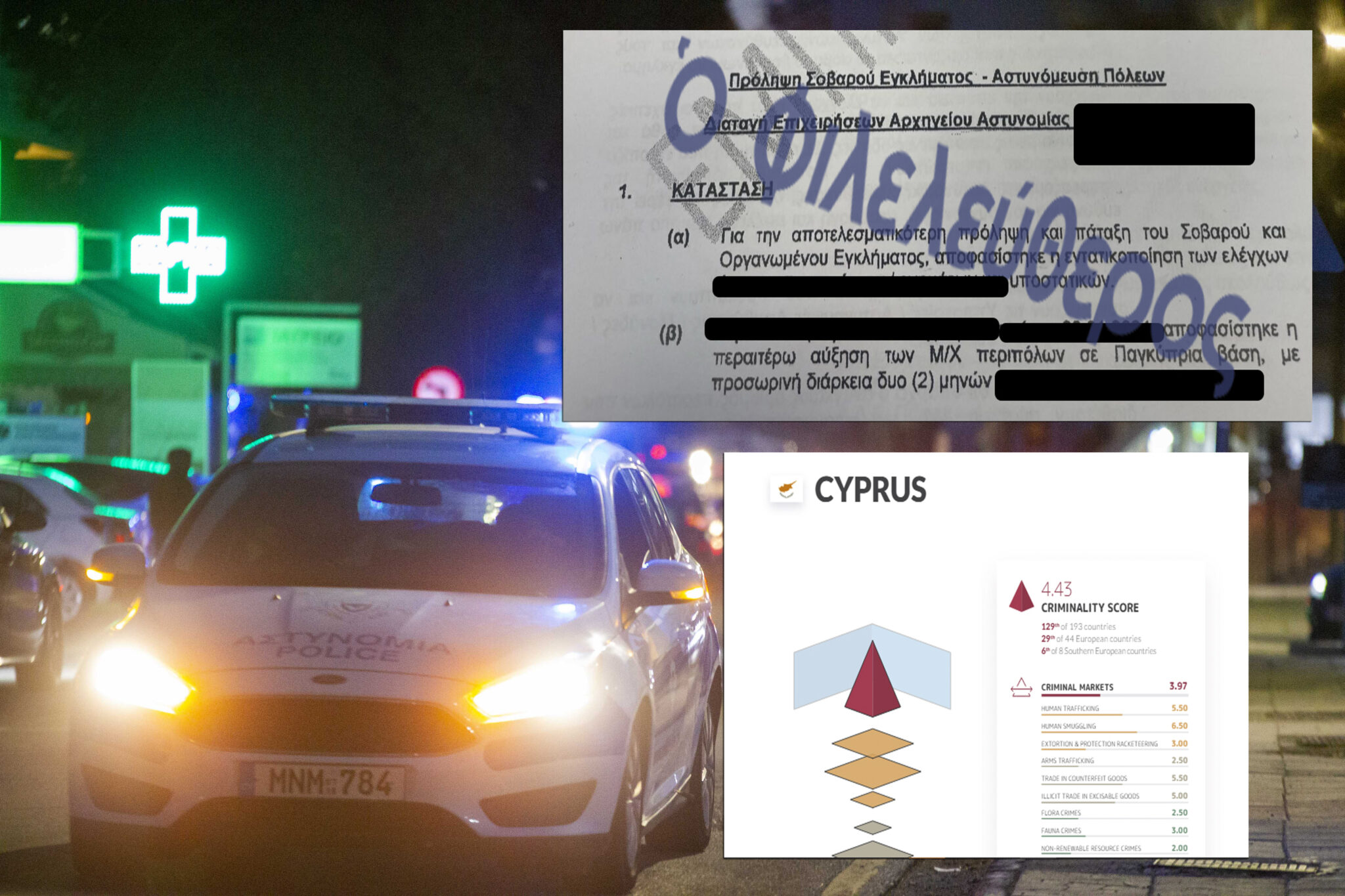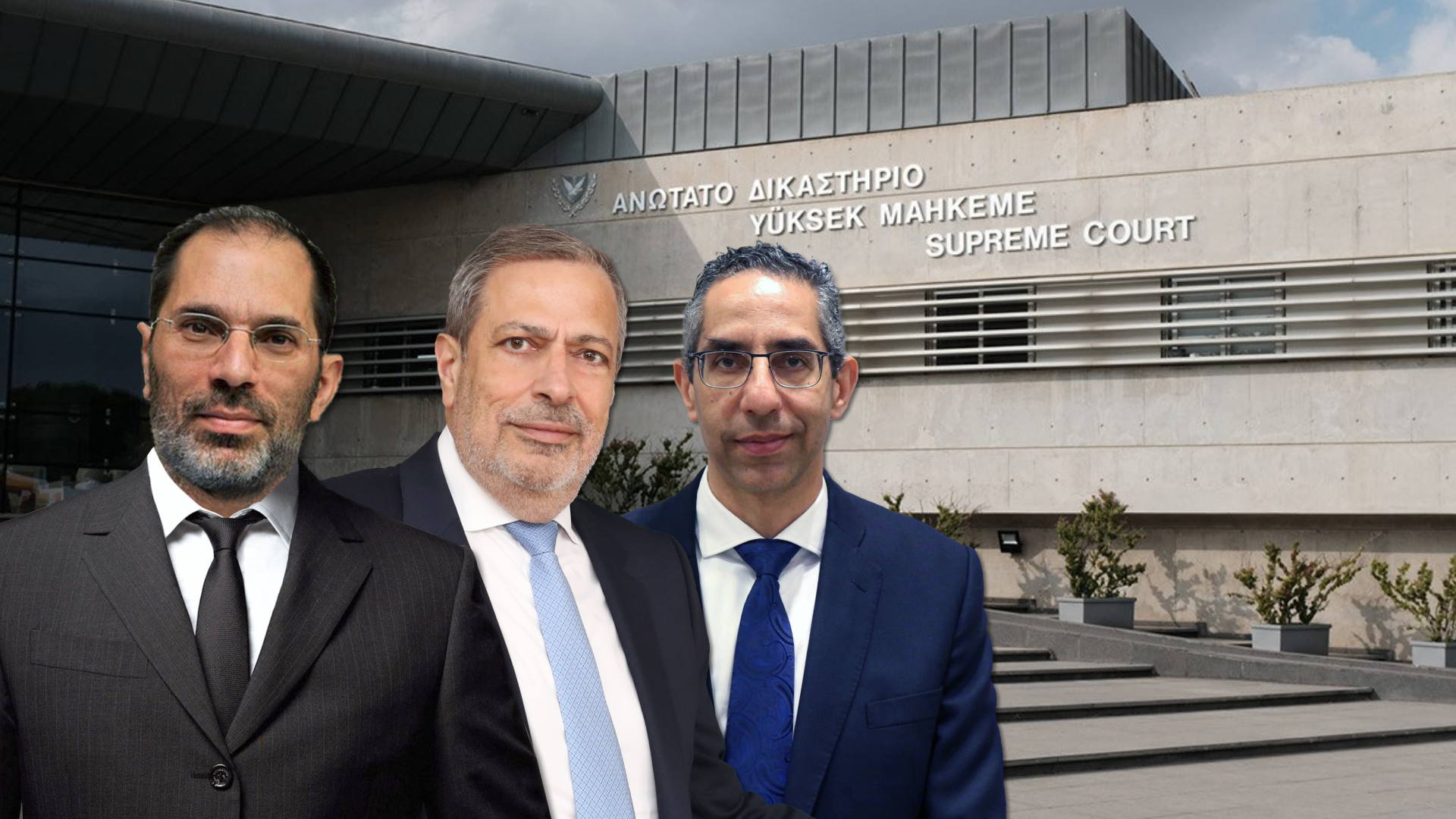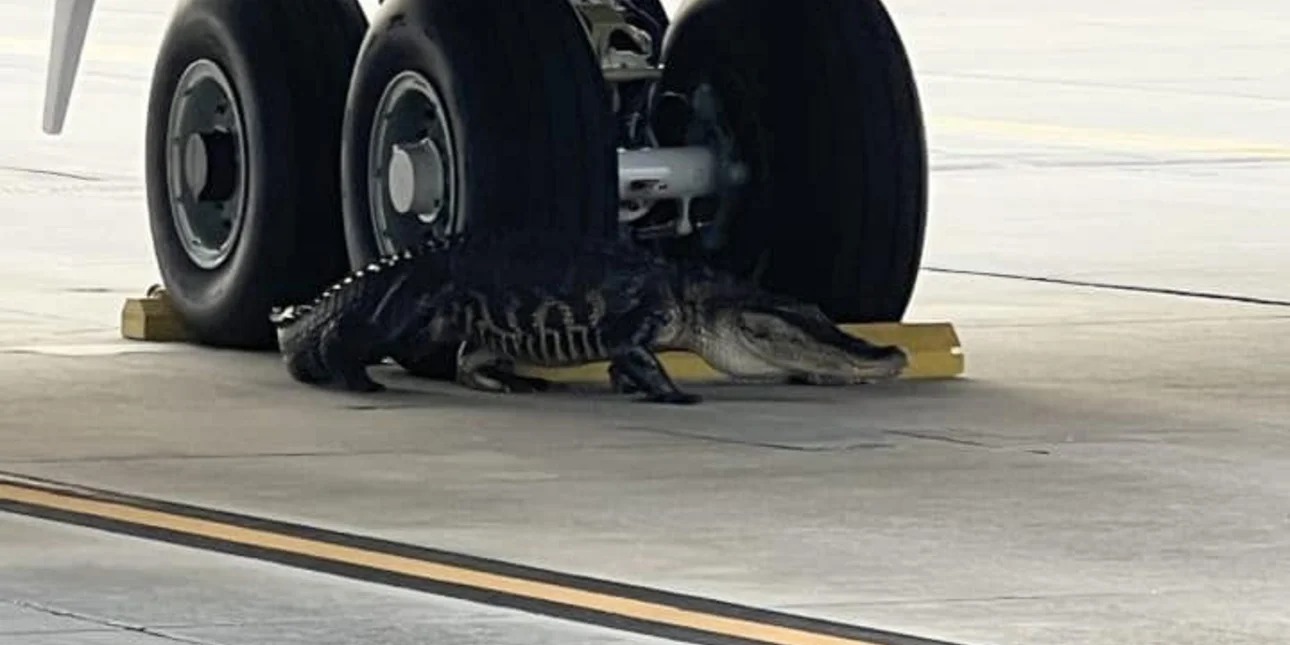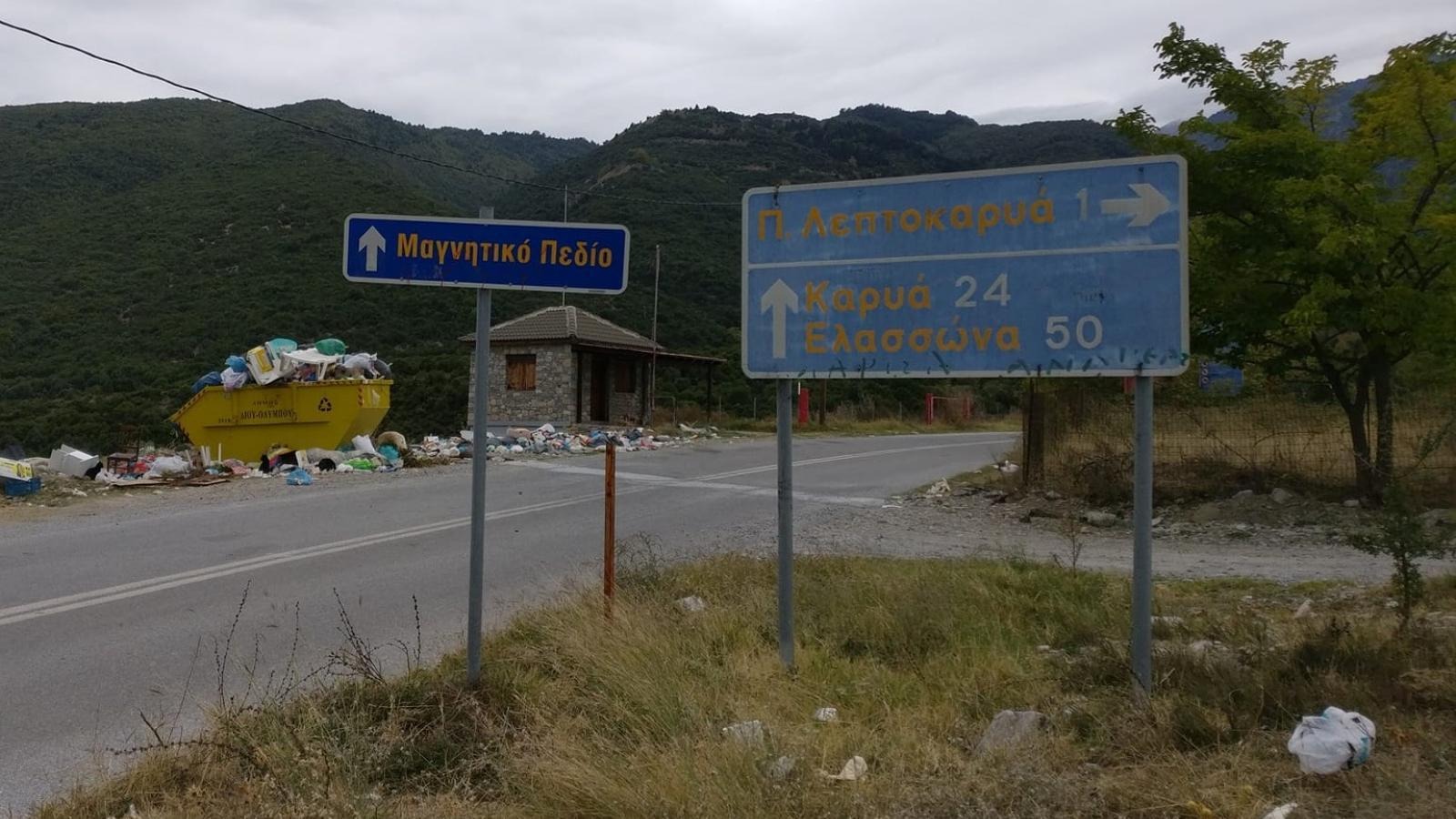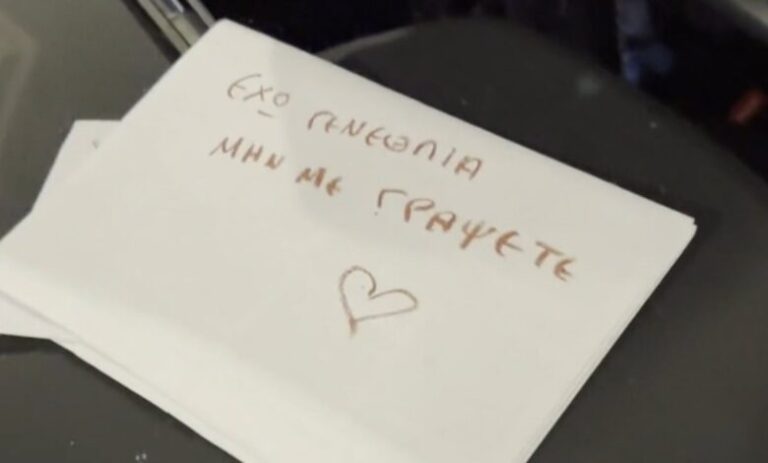The European Commission said on Tuesday that it has fined Japanese firm Sanrio €6.2 million for banning traders from selling licensed merchandise to other countries within the European Economic Area (EEA).
It said that this restriction concerned products featuring Hello Kitty or other characters owned by Sanrio.
Licensed merchandising products are extremely varied (e.g. mugs, bags, bedsheets, stationery, toys) but all carry one or more logos or images protected by intellectual property rights (IPRs), such as trademarks or copyright.
Through a licensing agreement, one party (a licensor) allows another party (a licensee) to use one or more of its IPRs in a certain product. Licensors typically grant non-exclusive licenses to increase the number of merchandising products in the market and their territorial coverage.
Sanrio designs, licenses, produces and sells products featuring Hello Kitty and other popular characters, such as My Melody, Little Twin Stars, Keroppi or Chococat.
Sanrio also holds the intellectual property rights to the “Mr. Men” and “Little Miss” series of animated characters.
The decision follows a June 2017 decision by the European Commission to open three separate antitrust investigations, one of them involving Sanrio to determine whether they illegally restrict traders from selling licensed merchandise cross-border and online within the EU Single Market.
In its announcement on Tuesday, the European Commission said it had found that Sanrio’s non-exclusive licensing agreements breached EU competition rules:
· (a) Sanrio imposed a number of direct measures restricting out-of-territory sales by licensees, such as clauses explicitly prohibiting these sales, obligations to refer orders for out-of-territory sales to Sanrio and limitations to the languages used on the merchandising products.
· (b) Sanrio also implemented a series of measures as an indirect way to encourage compliance with the out-of-territory restrictions.
“The Commission has concluded that Sanrio’s illegal practices, which were in force for approximately 11 years, partitioned the Single Market and prevented licensees in Europe from selling products cross-border, to the ultimate detriment of European consumers,” it said.
Sanrio cooperated with the Commission beyond its legal obligation to do so. Therefore, the Commission granted Sanrio a 40% fine reduction in return for this cooperation.
Commissioner Margrethe Vestager, in charge of competition policy, said: “Today’s decision confirms that traders who sell licensed products cannot be prevented from selling products in a different country. This leads to less choice and potentially higher prices for consumers and is against EU antitrust rules. Consumers, whether they are buying a Hello Kitty mug or a Chococat toy, can now take full advantage of one of the main benefits of the Single Market: the ability to shop around Europe for the best deals.”
In June 2017, the Commission opened three separate antitrust investigations to ascertain whether certain licensing and distribution practices of Nike, Sanrio and Universal Studios illegally restricted traders from selling licensed merchandise cross-border and online within the EU Single Market.
In March 2019, the Commission fined Nike €12.5 million for preventing traders from selling licensed merchandise to other countries within the EEA. The investigation against Universal Studios is on-going.
Sanrio’s licensing agreements for merchandising products infringed Article 101 of the Treaty on the Functioning of the European Union (TFEU), which prohibits agreements between companies that prevent, restrict or distort competition within the EU’s Single Market.
More information on the investigation will be available on the Commission’s competition website, in the public case register under the case number AT.40432.
Edited by Bouli Hadjioannou



